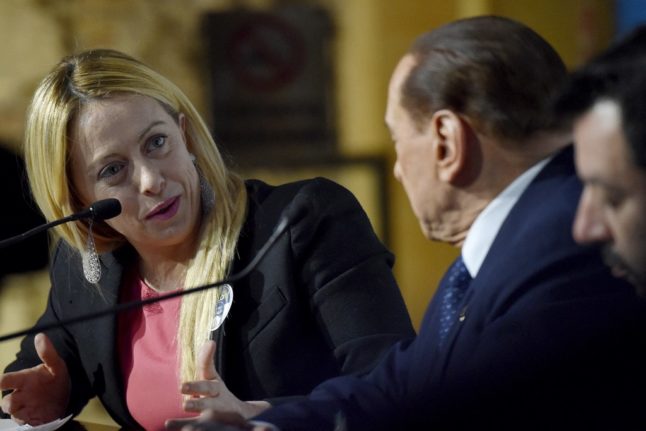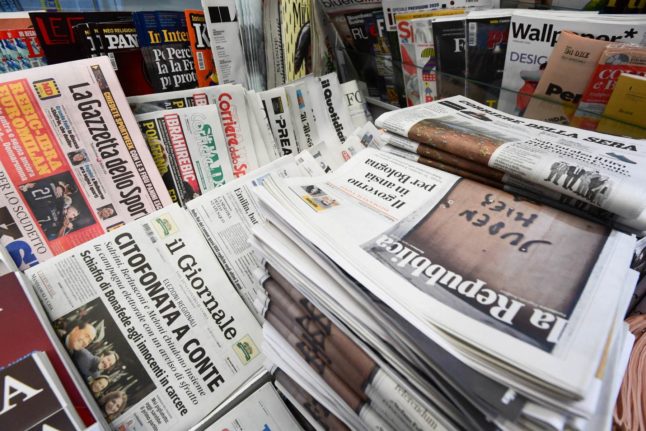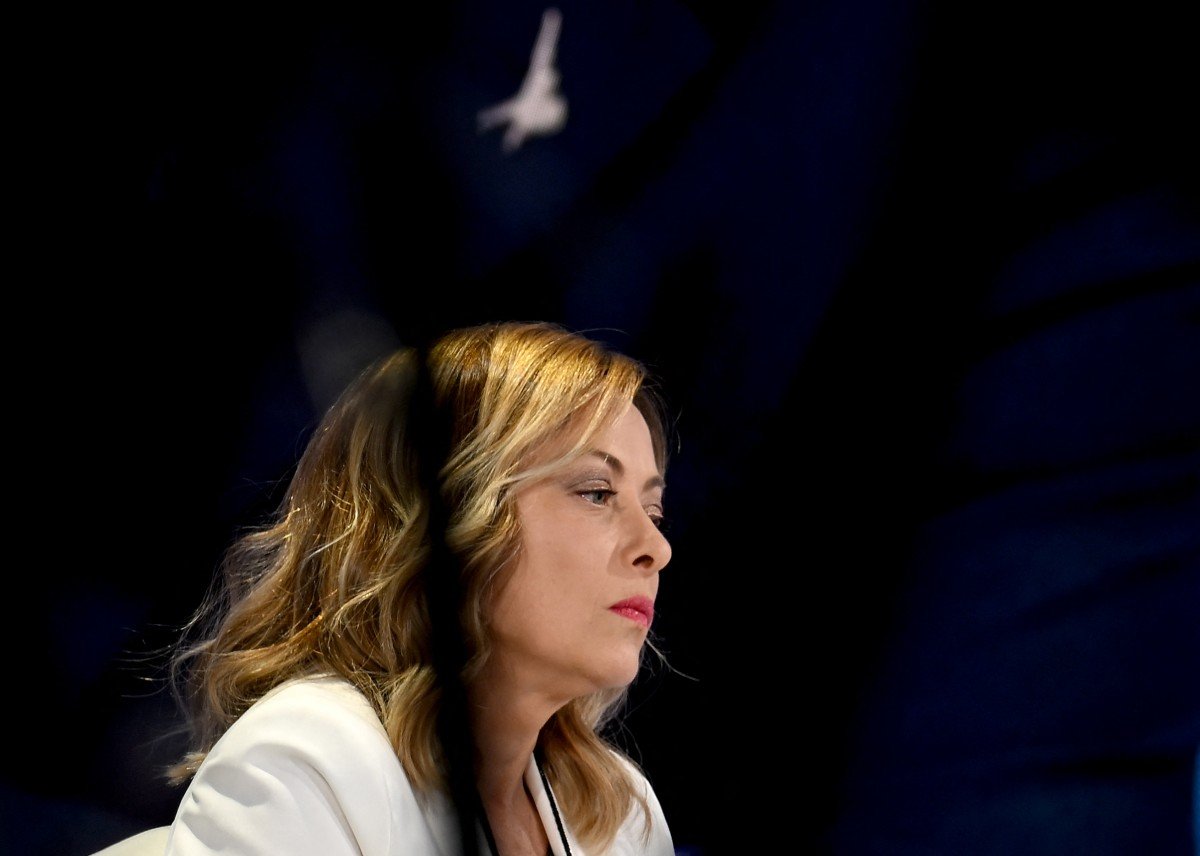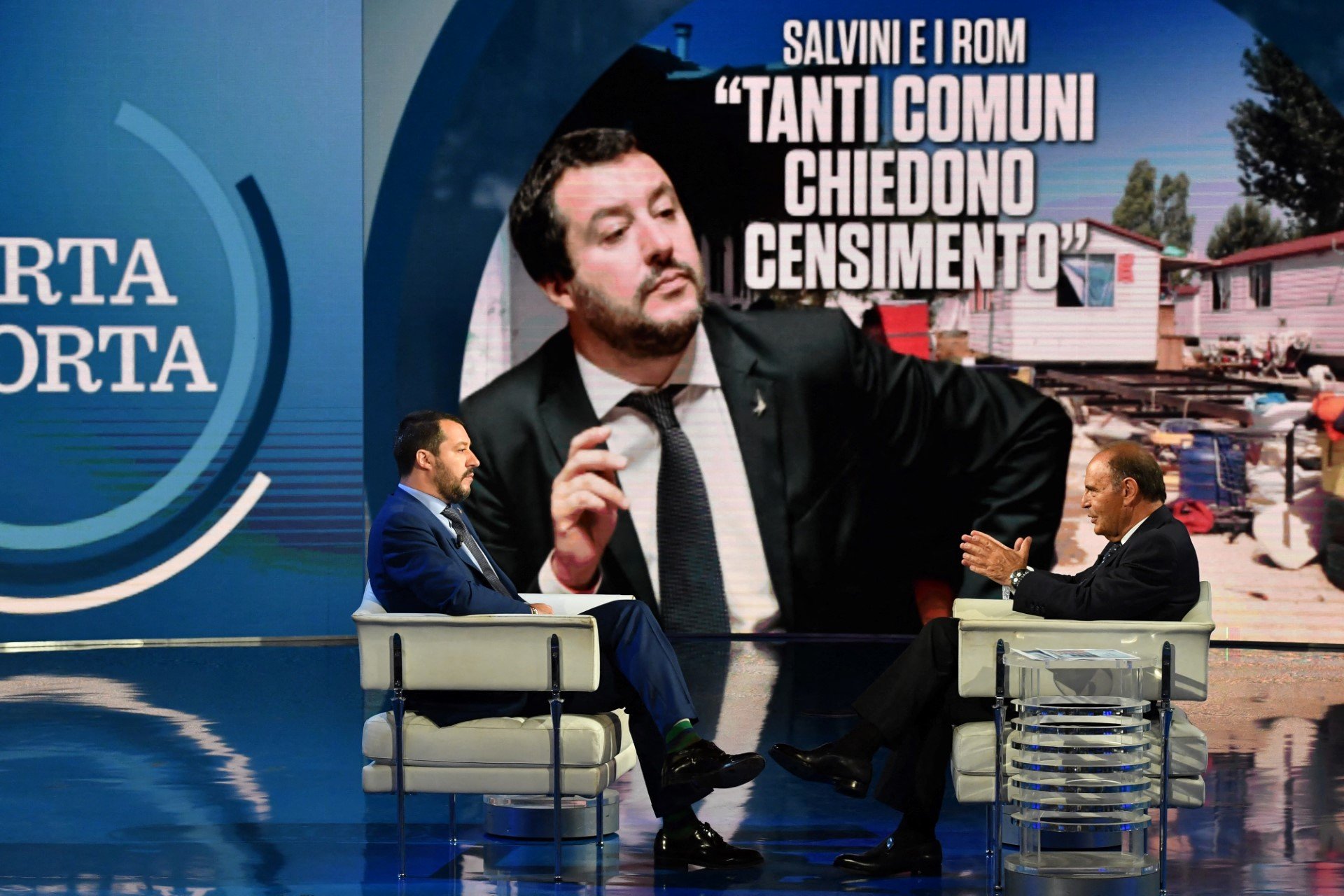The alliance between Italian centre-left parties was left in disarray on Sunday night, potentially meaning a landslide victory for the hard-right coalition at early general elections in September.
The leader of the centrist Azione party withdrew support for the left-wing coalition led by the Democratic Party (PD) just five days after the two joined forces, saying it could not work with left-wingers brought in to boost the alliance.
Carlo Calenda, leader of Azione, withdrew his support on Sunday after PD made another pact with smaller left-wing parties including the radical Sinistra Italiana, and new green party Europa Verde.
“You cannot explain (to voters) that to defend the constitution you make a pact with people you know you will never govern with,” Calenda told newspaper Corriere della Sera.
The news was greeted with jubilation by hard-right League leader Matteo Salvini, who tweeted: “On the left chaos and everyone against everyone!”
Giorgia Meloni, leader of the neofascist Brothers of Italy party (FdI) mocked a “new twist in the soap opera of the centre-left.”
READ ALSO: Italy to choose ‘Europe or nationalism’ at election, says PD leader
Analyists predict the centre-left split could hand the right-wing bloc a landslide victory at the election on September 25th, with Meloni tipped to become Italy’s first female prime minister.
Italy’s political system favours coalitions, and while Meloni has a strong alliance with Salvini’s League and Silvio Berlusconi’s Forza Italia, Letta is struggling to bring together the disparate progressive parties.
The PD is neck and neck with Brothers of Italy in the latest opinion polls, but even in partnership with Azione, the group most recently polled at 33.6 percent, compared with 46.4 percent for the right.
Political commentators said the only hope PD has now of posing a credible threat to the right-wing alliance would be by partnering with the Five Star Movement.
READ ALSO: Why has Italy’s government collapsed in the middle of summer?
However, Letta has repeatedly said this is out of the question, as he blames M5S for triggering the political crisis that brought down Mario Draghi’s broad coalition government.
“Either PD eats its hat and seeks alliance with M5S to defeat the right-wing coalition, or it’s hard to see how the right can possibly lose the forthcoming election,” Dr Daniele Albertazzi, a politics professor at the University of Surrey in England, tweeted on Sunday.
Early elections were called after Draghi resigned in late July. His government currently remains in place in a caretaker role.





 Please whitelist us to continue reading.
Please whitelist us to continue reading.
I can’t make a civil or constructive comment about this. I loathe Salvini, but he couldn’t be more right. I want to throw up.